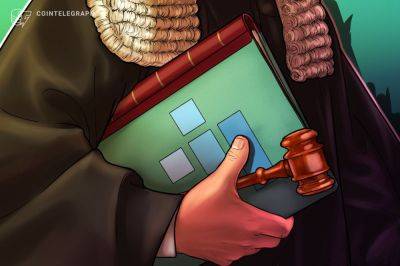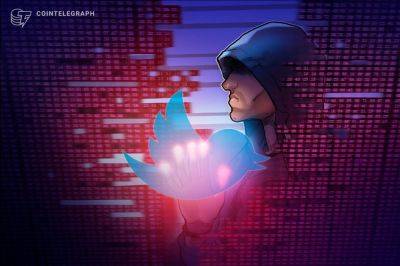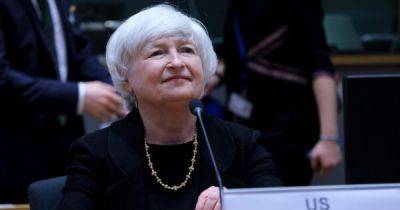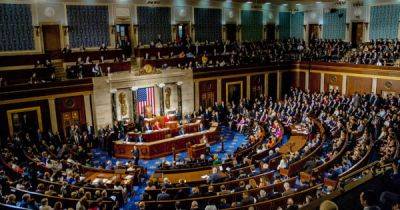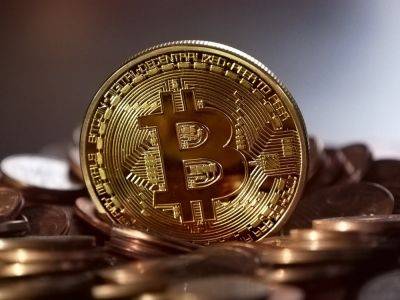China court declares virtual assets as legal properties protected by law: Report
People’s courts in China exercise judicial power independently and are not subject to interference by an administrative or public organization. These courts try criminal, civil, administrative, and cases that involve economic disputes.
The report titled "Identification of the Property Attributes of Virtual Currency and Disposal of Property Involved in the Case," acknowledged that virtual assets have economic attributes and thus can be classified as property, reported a local daily. Although China has deemed all foreign digital assets illegal by imposing a blanket ban, the report argued that virtual assets held by individuals should be considered legal and protected by law under the current policy framework.
The report also added suggestions to deal with crimes involving virtual assets and noted that since the money and property involved in the case cannot be confiscated, it should be based on the unification of criminal and civil law order. Such cases should be treated separately to achieve balanced protection of personal property rights and social and public interests.
China imposed a blanket ban on all crypto-related activities and banned foreign crypto exchanges from offering their services to mainland customers. However, despite a hostile national policy on virtual assets, the Chinese courts have offered a contrasting stance on Bitcoin and other virtual assets over the years.
Related: China announces plans for new national financial regulator
The first instance of such difference arose in September 2022, when a lawyer suggested that crypto holders in China are protected by the law in case of theft, misappropriation or breach of a loan agreement despite the ban on crypto. Later in May 2022, a Shanghai court affirmed
Read more on cointelegraph.com







